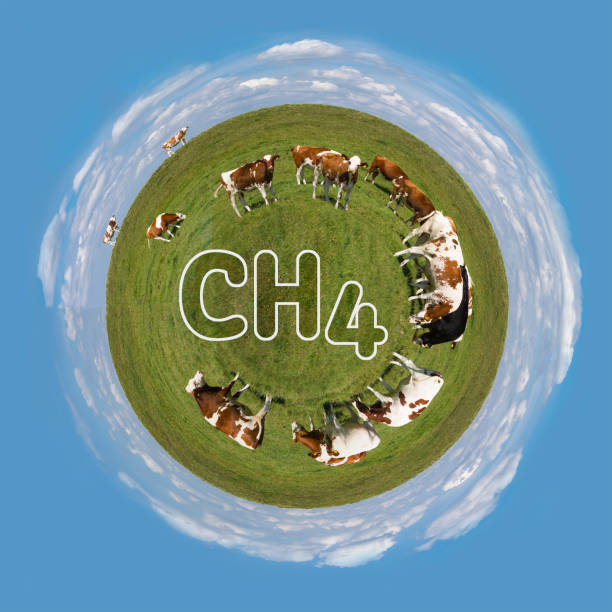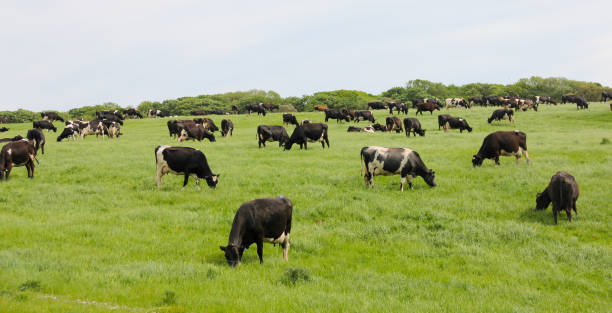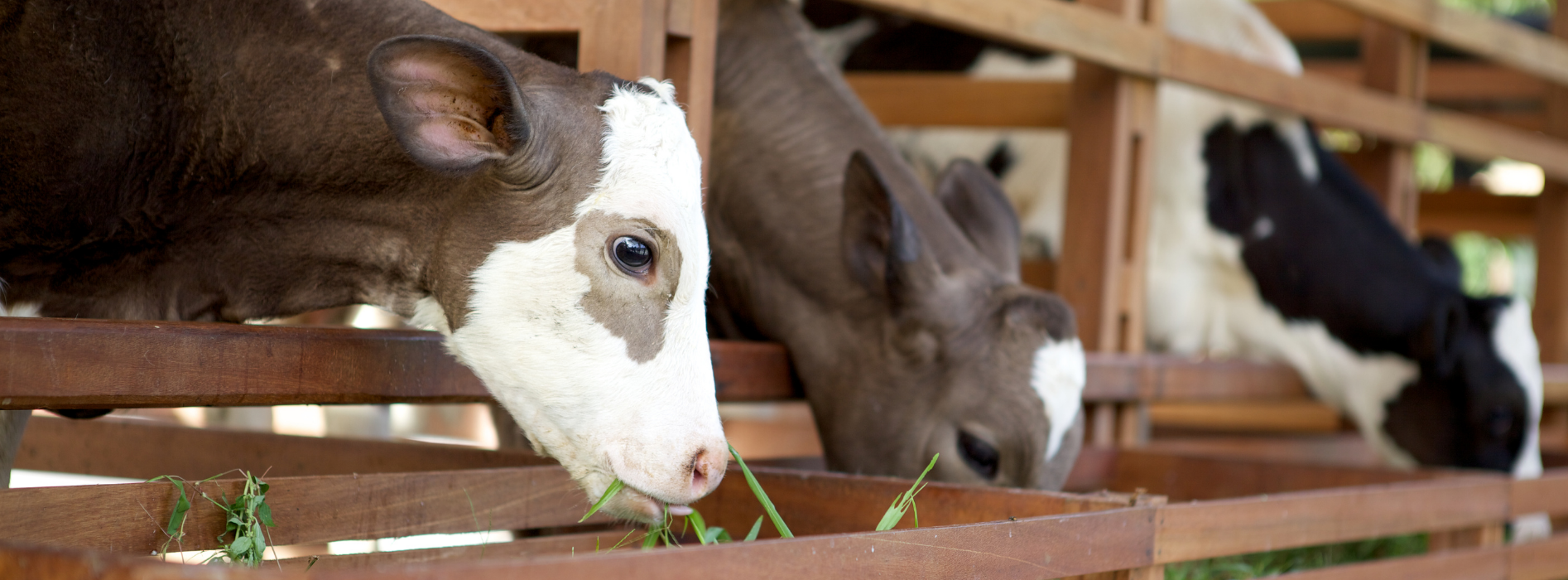Cattle farming is a business where cattle animals like cows, buffaloes, bulls and oxen are raised for various purposes, the most prominent being dairy, beef and leather. Raising animals for food and other animal products requires huge amounts of land, food, water and energy. It also costs animal lives, animal exploitation and suffering. 51% or more of global greenhouse gas emissions are caused by animal agriculture according to the report published by the Worldwatch Institute. Please keep reading to know why cattle farming is not environment friendly.

Let us look at a few more things that get badly impacted by cattle farming:
Water usage and pollution: It takes gallons and gallons of water for the animals to drink, to grow food for them, and clean the filthy factory farms. It takes more than 2400 gallons of water to produce 1 pound of beef whereas producing 1 pound of soy takes just 244 gallons of water. A cattle animal can drink up to 683 gallons of water and produce just 1 gallon of milk! Water intake doubles in the summers and hence more water gets used up. Cattle animals produce more than 500 million tons of manure which is a lot and it becomes difficult to manage this waste. Some factory farms do not even have proper sewage treatment plants so the waste is either let out in rivers and lakes or gets sprayed over the fields. The surface runoff from livestock grazing and factory farming also contributes to water pollution. Bacteria and viruses may get carried along with the surface runoff which results in groundwater contamination and public health compromise.
Land usage and pollution: It requires 10 kg of grains to produce just 1 kg of meat. Now, imagine, how many people can directly consume those 10 kg grains and how only 2-3 people will indirectly consume those 10 kg grains by consuming 1 kg of meat? This causes world hunger and deforestation as well. One of the major reasons behind clearing forests is to grow food to feed cattle animals. Lesser trees lead to lesser absorption of carbon dioxide and it continues to trap heat and raise the temperature of our planet.
Air pollution: Ruminant animals produce methane gas which is 20 times more potent than carbon dioxide when it comes to trapping heat. Globally, animal agriculture is responsible for a larger proportion of greenhouse gas emissions than even transportation! All the toxic fumes which are let out in the air by the tanneries, leather, beef, and dairy industries also pollute the air. People living around these industries inhale the toxins and their health gets deteriorated. Now, let’s go through the global statistics to understand this topic better. The world has 1.49 billion cattle being used to produce different commodities. From these cattle, the world takes 841.84 million tonnes of milk per year, and 71.61 million tonnes of beef. Beef, soy, and palm oil account for 60 percent of tropical deforestation. Soy production is not primarily driven by plant-based milk, but beef and dairy production, since soy forms a major component of cattle feed. When we look at land use, agriculture takes up more than half of the world’s land resources, and 77 percent of this land is not even being used to grow crops for human consumption, but the grazing and feed of farmed animals, including cattle.

But here, in India, we don’t consume beef so why am I showing you all these statistics? The answer to this question is that dairy and beef are two sides of the same coin. We consume dairy and dairy products in India on a large scale. The cows that are no longer able to produce milk are either abandoned or slaughtered. No matter whether we consume beef or not, we consume dairy which requires raising cows and other cattle animals. We can stop all this by switching to dairy and meat alternatives. Simple, isn’t it? I hope this blog made you aware of cattle farming and its connection with other problems. Let’s go vegan to save our dying planet and raise awareness regarding the same.
References
- “Cowspiracy: The Sustainability Secret”
- Kanner, Ellen (August 4, 2014). “Meatless Monday — ‘Cowspiracy:’ The One Thing No One Talks About”. Huffington Post. Retrieved October 9, 2014.
- “Burgers Are Ending the World, Says Cowspiracy“. SF Weekly. Jun 25, 2014. Retrieved 2015-03-04.
- Boucher, Doug (10 June 2016). “Movie Review: There’s a Vast Cowspiracy about Climate Change”. The Equation blog. Union of Concerned Scientists. Retrieved 12 June2016.
- Goodland, Robert; Anhang, Jeff (Nov–Dec 2009). “Livestock and Climate Change: What if the key actors in climate change were pigs, chickens and cows?”. Worldwatch Magazine. Worldwatch Institute.
